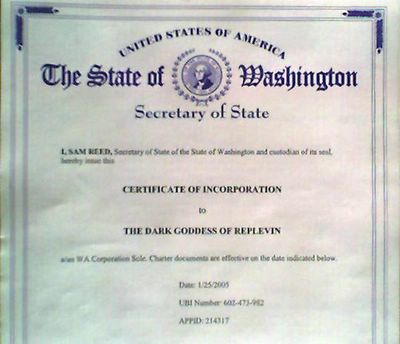So the article was called "Rethinking Automatic Insurance Coverage For Preventive Health Care" on the NPR website. Which sounds like a bad thing, right? Because of course it is good public policy (as opposed to a prudent business practice) to make preventive care "free" (that is, prepaid as part of health insurance premium) because it encourages more people to obtain the care. And so of course changing this policy sounds like some sort of skullduggery.
Well, there is skullduggery afoot, but it does not come from the U.S. Preventive Services Task Force (hereafter "USPSTF," which is a horrible acronym), the entity recommending the uncoupling.
Why are they making the recommendation? Mylan N.V., the company which has been jacking up the price of the EpiPen to the skies over the last few years, has been lobbying the USPSTF to list said EpiPen as a "preventive device," even though it is used to stop an allergic reaction, not prevent the reaction in the first place. I suppose you could say it prevents death, but by that logic all medicine is preventive.
If EpiPens were covered as preventive medication, patients with health insurance could get
them at no cost. The price increases Mylan put in place would be invisible to consumers and would be borne by the insurers.
The USPSTF, not happy about being inserted into a dogfight between drug companies and insurance companies, is trying to depoliticize the recommendations.
So were I the Queen of NPR, which is not likely to happen in this lifetime, I would call the article: "When Defining 'Preventive' Health Care Becomes Politicized."
You're welcome, NPR.
10.11.2016
Subscribe to:
Post Comments (Atom)

No comments:
Post a Comment